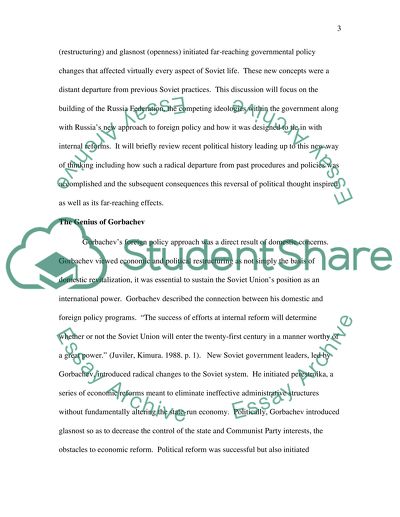Cite this document
(“The Government of the Russian Federation Essay Example | Topics and Well Written Essays - 2500 words”, n.d.)
Retrieved from https://studentshare.org/miscellaneous/1559487-the-government-of-the-russian-federation
Retrieved from https://studentshare.org/miscellaneous/1559487-the-government-of-the-russian-federation
(The Government of the Russian Federation Essay Example | Topics and Well Written Essays - 2500 Words)
https://studentshare.org/miscellaneous/1559487-the-government-of-the-russian-federation.
https://studentshare.org/miscellaneous/1559487-the-government-of-the-russian-federation.
“The Government of the Russian Federation Essay Example | Topics and Well Written Essays - 2500 Words”, n.d. https://studentshare.org/miscellaneous/1559487-the-government-of-the-russian-federation.


